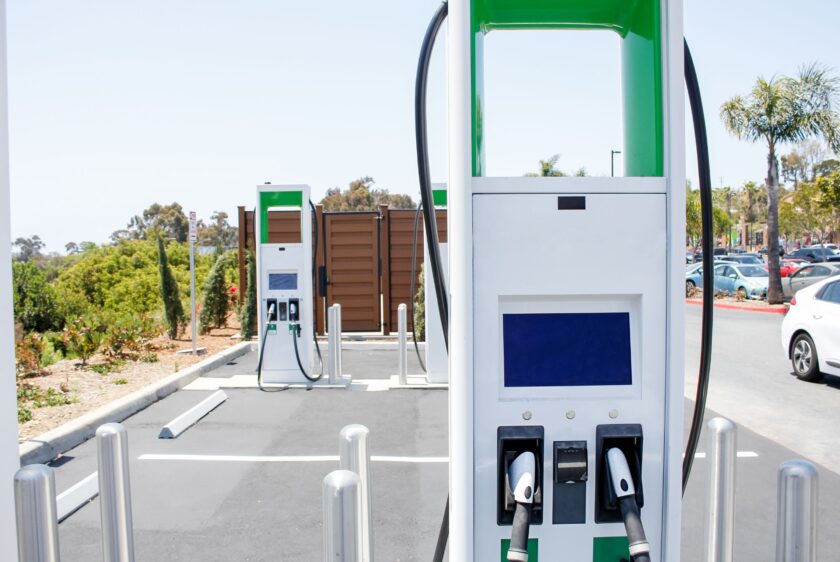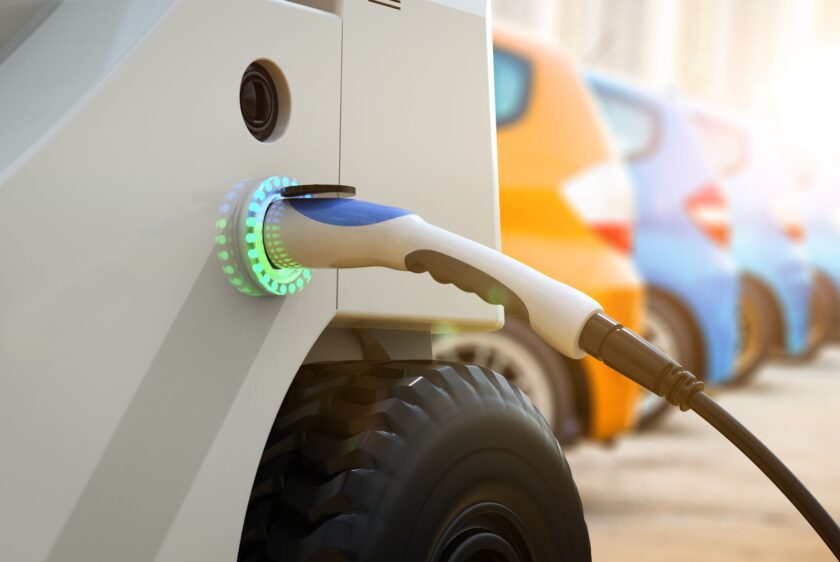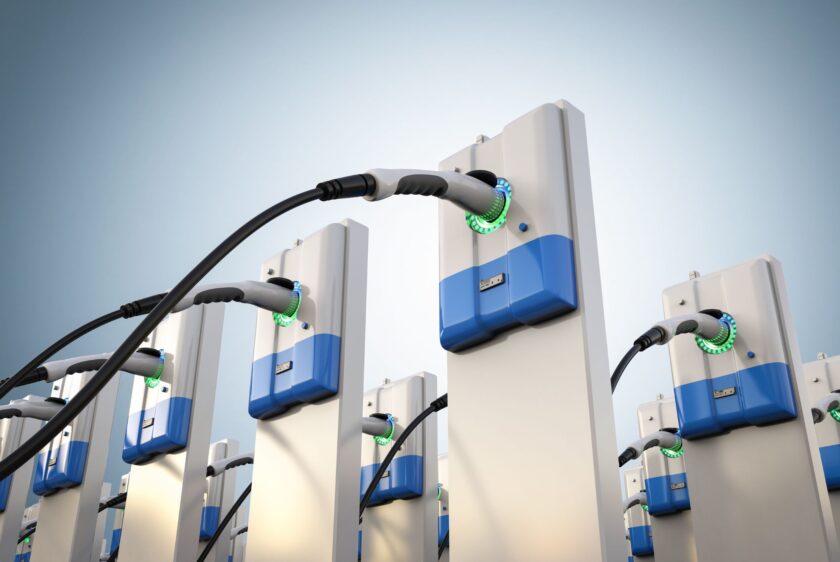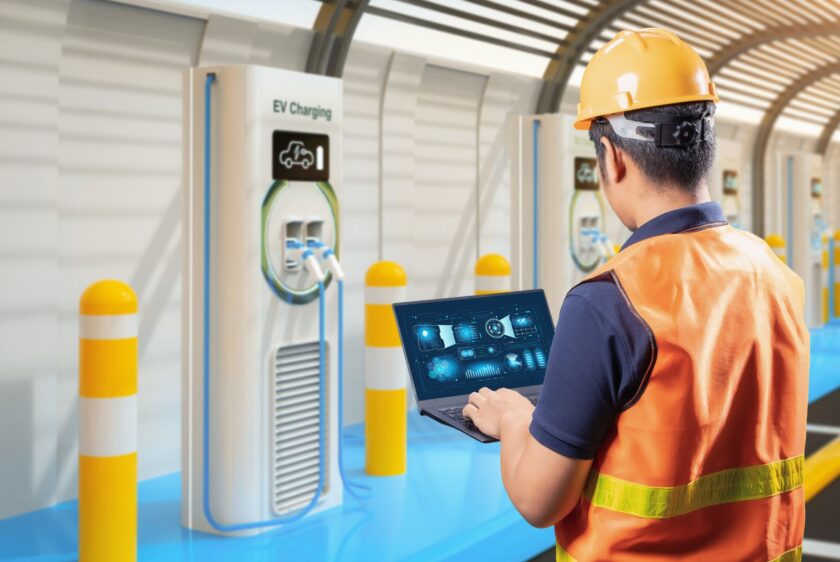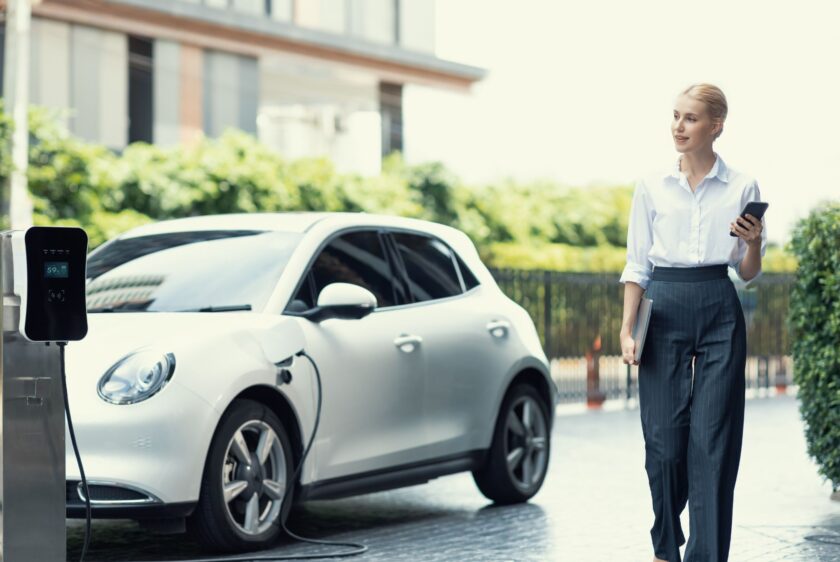
GreenPlug Energy Has Successfully Installed DC Fast Chargers in Nashik & Pune
Nashik : Anand Resort
Nashik-Trimbakeshwar Highway
[GEICH0002]
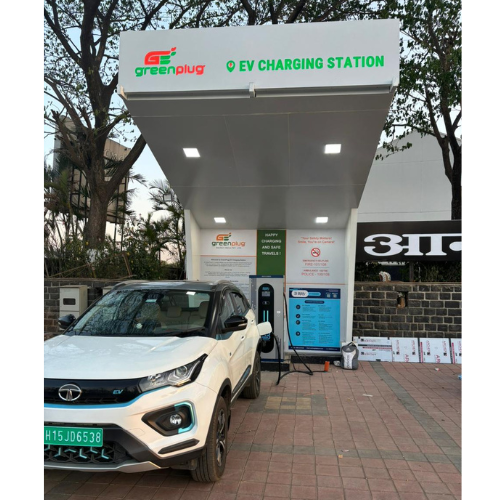
Location: Anand Resort, Survey No. 416/12, Trimbak, Mahirawani, Nashik – 422212
Charger Details: Bijlify X’TREME – II
30kW DC Fast Charger
Features of 30kW DC + 22kW AC Fast Charger:
Complete protection system: Surge protection, residual current devices, short circuit, over/under voltage etc
Network communication capabilities: Remote network systems connection for real-time information on locations of charging stations, charging parameters and billing information
Ideal for: Indoor/outdoor fast charging operations
Pune : Kapurhol
Pune-Satara Highway
[GEICH0001]
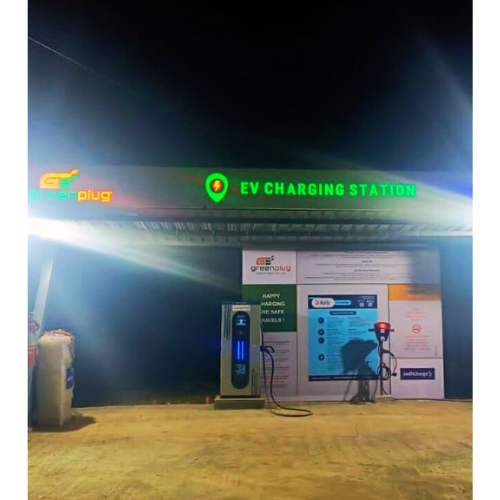
Location: Pune-Satara Highway, Gat No 8, Khate No 67, Harishchandri, Bhor, Pune – 412205
Charger Details: Bijlify X’TREME – II
30kW DC Fast Charger
Features of 30kW DC + 22kW AC Fast Charger:
Complete protection system: Surge protection, residual current devices, short circuit, over/under voltage etc
Network communication capabilities: Remote network systems connection for real-time information on locations of charging stations, charging parameters and billing information
Ideal for: Indoor/outdoor fast charging operations
Coming Soon: EV Charging Stations Near You!
We Are Gearing Up For A Nationwide Expansion


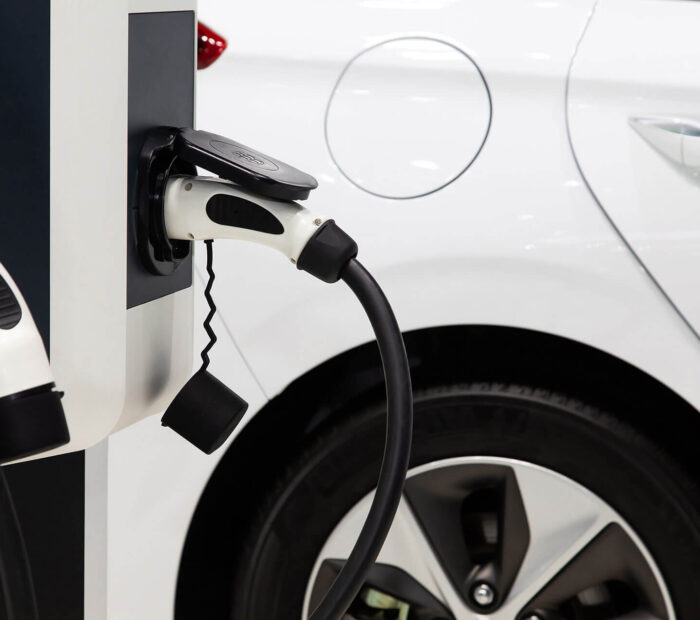
We Are Ready To Charge Millions Of Electric Vehicles.
Are You?
Our products offer cost savings for drivers, businesses, and grid operators, while also enhancing grid efficiency and reliability through smart charging technologies.
We Make EV Charging Simple
Our approach is simple yet effective. We start by understanding your unique requirements, then customize a solution that meets your needs. Finally, we provide end-to-end support to ensure seamless integration and optimal performance of your EV charging infrastructure.
Assessment and Consultation
- Consult with you to understand your specific needs and challenges.
- Identify the optimal charging solutions based on the assessment and consultation.
Customized Solution Design
- Select the most suitable charging stations, equipment & infrastructure.
- Ensure the solution meets your budget, timeline & sustainability goals.
Installation and Integration
- Ensure compliance with all safety, regulatory, and industry standards.
- Provide training and support to your staff for seamless operation.
Monitoring and Maintenance
- Offer regular maintenance services for optimal performance & longevity of the charging station.
- Provide ongoing support to address any issues promptly.
Our EV Charging Solutions Are Customised For Your Business Needs
Have questions about EV charging? We've got your back!
Dive into our Frequently Asked Questions for all the answers you need!


